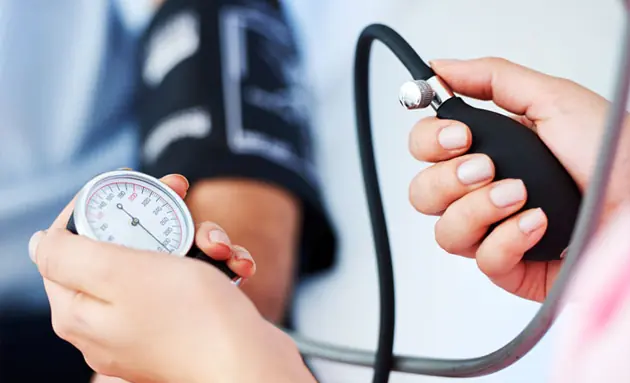
Doctor’s Warning: People Prone to Pancreatic Cancer Tend to Share These Common Traits – Here’s What You Need to Know
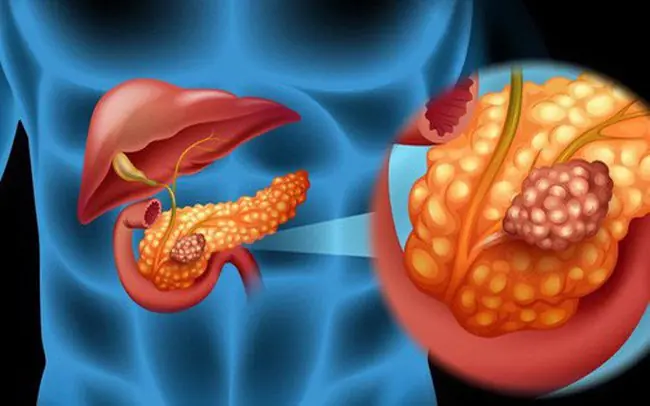
On a bright and peaceful afternoon, Uncle Li was taking his usual stroll in the park. He was slightly overweight, holding a freshly lit cigarette between his fingers, and wearing a relaxed smile. However, this serenity was abruptly shattered by a devastating diagnosis—late-stage pancreatic cancer. The news hit his family like a thunderbolt, leaving them in shock. They couldn’t understand—how could someone who seemed so healthy suddenly be struck by such a deadly disease?
Cases like Uncle Li’s are not uncommon. Pancreatic cancer, often referred to as the “king of cancers,” is a silent killer that is claiming more and more lives. It develops stealthily, progresses rapidly, and is usually diagnosed only at an advanced stage, making treatment incredibly challenging.
But why are some people more susceptible to pancreatic cancer? Who falls into the high-risk group? Understanding these risk factors could help us take proactive measures to prevent this devastating disease.
Today, let’s uncover the mystery of pancreatic cancer and examine the common traits among those at higher risk. This is not just a deep dive into health—it’s a wake-up call to appreciate and protect our well-being. Starting today, let’s prioritize pancreatic health and cherish every healthy moment.
Understanding Pancreatic Cancer – The “King of Cancers”
Pancreatic cancer is one of the deadliest malignancies, earning its fearsome title due to its aggressive nature and high mortality rate. Originating in the pancreatic epithelial cells, it develops quietly and spreads rapidly. By the time symptoms appear, the disease is often already in its advanced stages, posing immense challenges to treatment.
The survival rate for pancreatic cancer patients is alarmingly low. Statistics show that the five-year survival rate is less than 10%, meaning that once diagnosed, a patient’s life expectancy is often significantly shortened.
The disease primarily affects middle-aged and elderly individuals, with men being more susceptible than women. In recent years, due to fast-paced lifestyles and unhealthy habits, the incidence of pancreatic cancer has been on the rise.
Although the exact causes of pancreatic cancer remain unclear, research suggests that a combination of genetic, environmental, and lifestyle factors contributes to its development. Therefore, educating ourselves about this disease is crucial for both prevention and early detection.
Common Risk Factors – Warning Signs You Shouldn’t Ignore
1. Smoking – A Major Trigger for Pancreatic Cancer
Long-term smoking is one of the leading risk factors for pancreatic cancer. The harmful chemicals in tobacco can penetrate the pancreas, causing cellular damage and increasing the likelihood of cancer. Studies indicate that smokers are more than twice as likely to develop pancreatic cancer as non-smokers. Quitting smoking is one of the most effective ways to reduce your risk.
2. Excessive Alcohol Consumption – The Silent Killer of Pancreatic Health
Heavy alcohol consumption can significantly raise the risk of pancreatic cancer. Alcohol is highly toxic to the pancreas and can lead to chronic inflammation (pancreatitis), which increases the chances of cancerous mutations. Additionally, alcohol acts as a solvent for carcinogens, making it easier for harmful substances to infiltrate the pancreas and trigger cancerous changes.
3. Poor Diet – The Hidden Danger on Your Plate
A diet high in calories, fat, and protein, while lacking in essential vitamins and minerals, can contribute to pancreatic cancer. Unhealthy foods may contain harmful compounds that accumulate in the body and damage pancreatic cells. Conversely, a diet rich in vegetables, fruits, and dietary fiber can help lower the risk. Antioxidants and nutrients found in these foods help protect pancreatic cells from damage.
4. Obesity – A High-Risk Factor Often Overlooked
Obesity significantly increases the likelihood of developing pancreatic cancer. Excess body fat can cause the liver to overproduce bile, which may reflux into the pancreatic ducts, leading to cellular damage and higher cancer risk. Additionally, obesity is linked to metabolic disorders such as insulin resistance and high cholesterol, both of which may contribute to pancreatic cancer.
5. Diabetes – A Red Flag for Pancreatic Cancer
There is a strong correlation between diabetes and pancreatic cancer. Individuals with diabetes experience abnormal glucose metabolism, which can place chronic stress on the pancreas and impair its function over time. Research indicates that people with diabetes have a significantly higher risk of developing pancreatic cancer compared to those without diabetes. If you have diabetes, it’s essential to monitor your pancreatic health closely and undergo regular screenings.
How to Prevent Pancreatic Cancer – Proactive Steps to Protect Your Health
1. Adopt a Healthier Lifestyle – Say No to Smoking and Excessive Drinking
Quitting smoking and limiting alcohol intake are crucial steps in preventing pancreatic cancer. In addition, maintaining a well-balanced lifestyle, getting enough rest, and avoiding chronic stress can all help protect pancreatic health.
2. Improve Your Diet – Eat Smart for a Healthier Pancreas
A nutritious diet plays a vital role in pancreatic cancer prevention. Incorporate plenty of vegetables, fruits, and fiber-rich foods into your meals to provide essential antioxidants and nutrients that support pancreatic health. At the same time, reduce your intake of high-fat, high-protein, and processed foods to minimize exposure to harmful substances.
3. Maintain a Healthy Weight – Avoid the Obesity Trap
Keeping your weight within a healthy range is a key factor in preventing pancreatic cancer. Achieve this by following a balanced diet and engaging in regular physical activity. Monitoring your weight and making necessary lifestyle adjustments can significantly reduce your risk.
4. Get Regular Health Checkups – Detect Pancreatic Cancer Early
If you are at high risk for pancreatic cancer, regular screenings such as blood tests, ultrasound, or CT scans can help detect the disease in its early stages. Early detection increases the chances of successful treatment and improved survival rates. Individuals with a family history of pancreatic cancer or other risk factors should be especially vigilant about regular screenings.
5. Manage Stress and Mental Well-Being – Prioritize Your Emotional Health
Chronic stress and anxiety can negatively impact pancreatic health. Engaging in stress-relief activities such as exercise, meditation, or spending time with loved ones can help you maintain emotional balance and overall well-being.
Start taking care of your pancreas today—your health and future depend on it!
News in the same category


A 59-Year-Old Man Ate Raw Garlic Daily for Its Antibacterial and Anti-Tumor Properties—What Happened to His Health After Six Months?

Doctor’s Warning: Avoid Eating Celery with These Foods – It May Harm Your Health, and Many People Don’t Know It
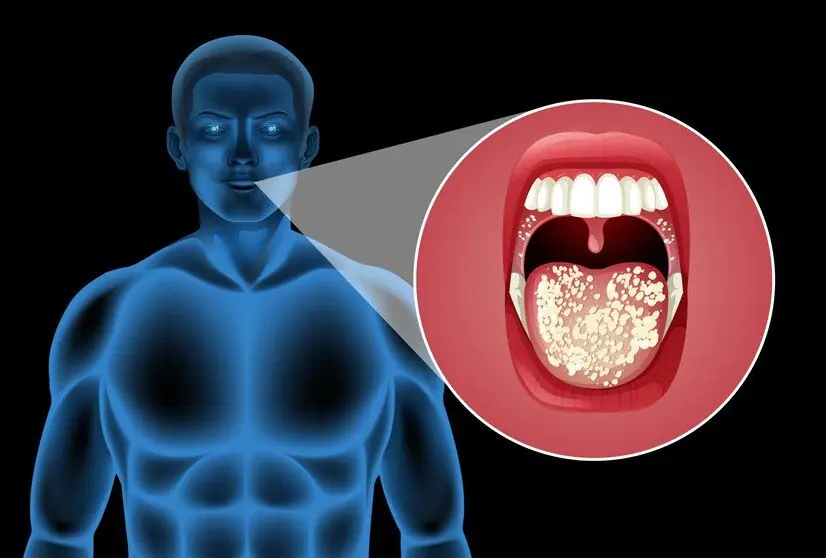
Is Oral Cancer a Result of Ignoring Symptoms? 6 Warning Signs You Shouldn’t Overlook
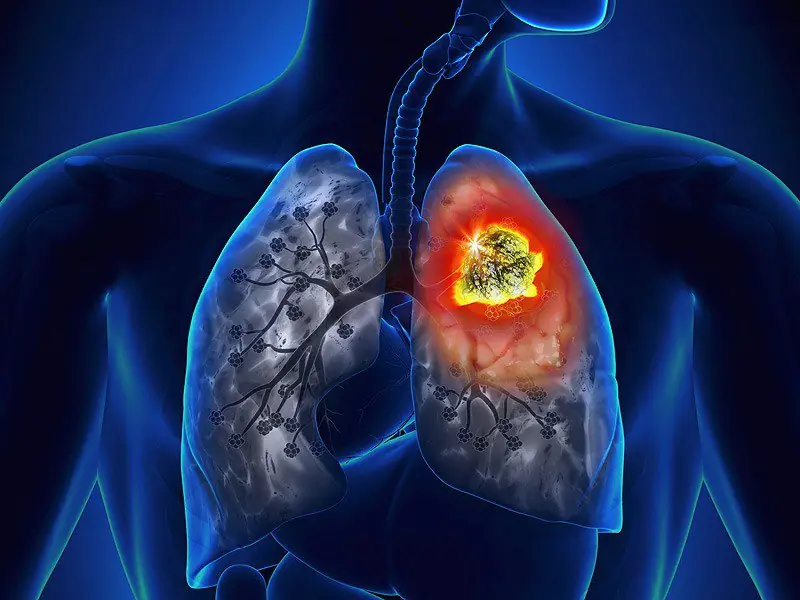
Is Lung Cancer Contagious? Can It Be Inherited? A Doctor Reveals the Truth

Doctor’s Warning: People Prone to Pancreatic Cancer Tend to Share These Common Traits – Here’s What You Need to Know

What Kind of Hypertension Is the Most Dangerous? Doctor’s Reminder: Pay Attention to These Three Types – Which One Do You Belong To?
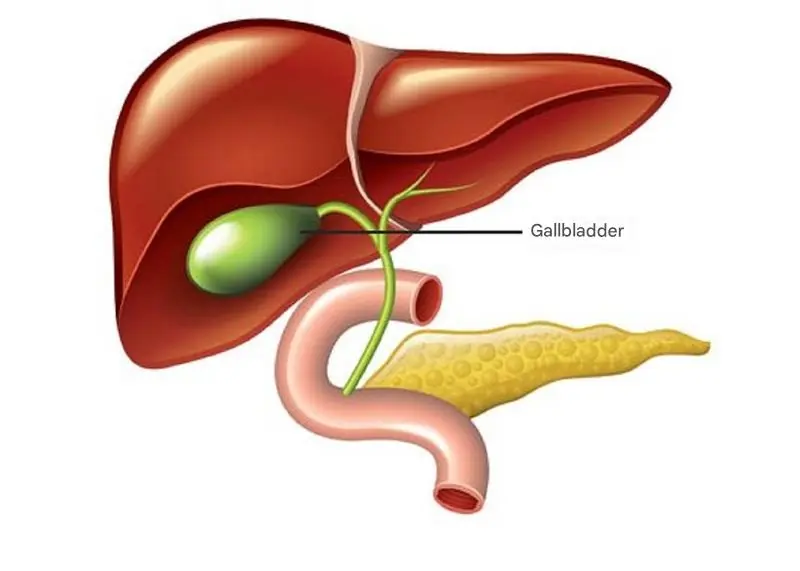
What Happens to the Body After Gallbladder Removal? 3 Diseases That May Follow – Avoid Surgery If Possible

The Habit of Eating Sweet Potatoes for Breakfast: 3 Amazing Benefits for a Healthier You!
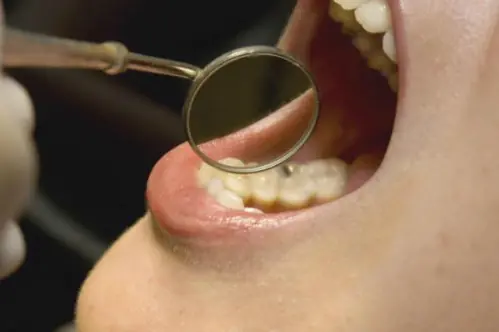
Can Ignoring Abnormal Symptoms Lead to Oral Cancer? 6 Warning Signs That Demand Early Check-Ups

Study Reveals Rising Cancer Rates Among Gen X and Millennials Compared to Older Generations

When The Body Is Hungry Or Fasting It Starts A Process Called Autophagy Which Begins To Regenerate The Immune System

Man's Carnivore Diet Causes Strange Yellow Deposits on Skin Health

12 WARNING SIGNS OF A HEART ATTACK YOU SHOULD NOT IGNORE

Pope Francis in Critical Condition After Prolonged Respiratory Crisis: Sepsis Risk Threatens His Life

Three Types of Body Hair That Indicate Good Health in Women – The Unexpected Truth

Mulberries and Raspberries: Everyday Superfoods for Liver Health, Eye Care, and Kidney Support
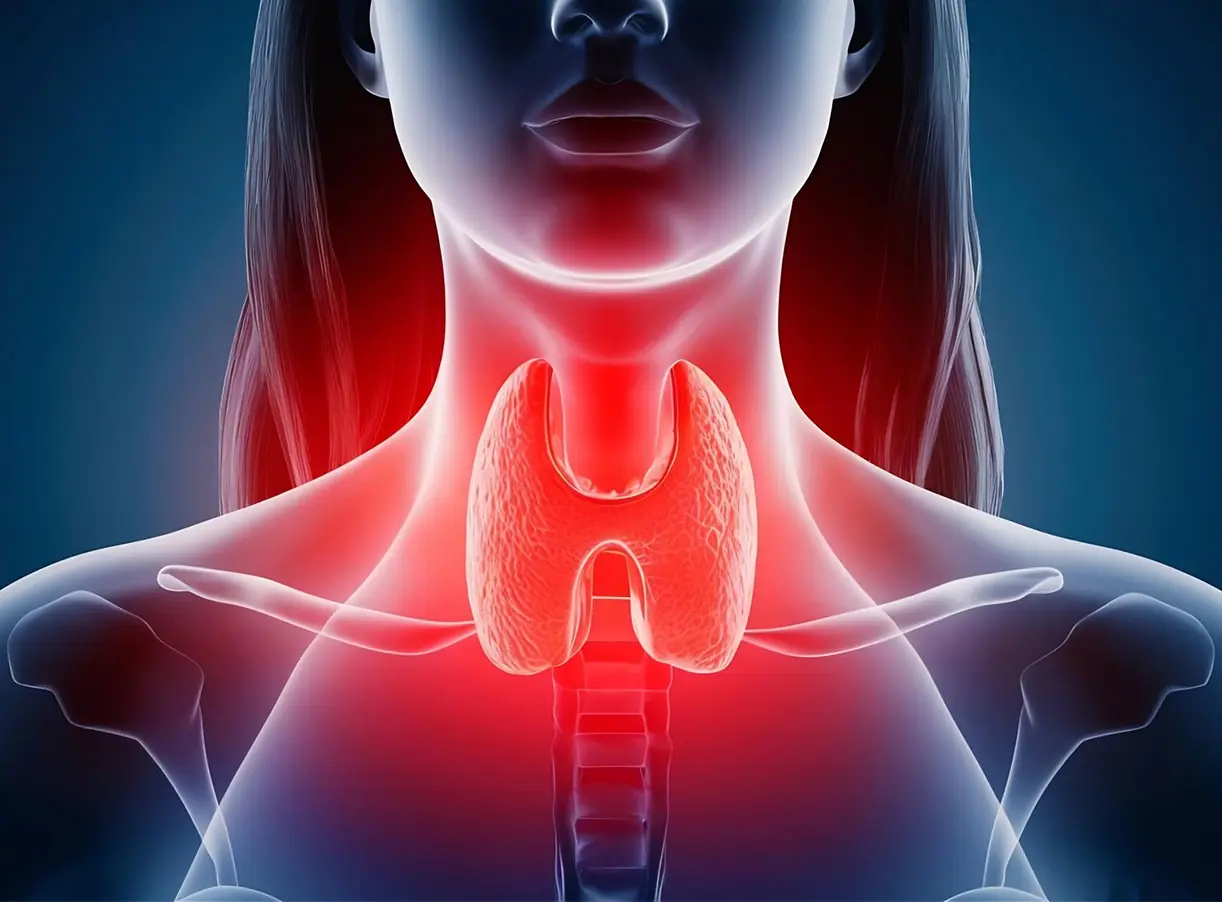
Should People with Thyroid Problems Avoid Soy? Warning: These 2 Supplements Could Accelerate Thyroid Cancer

Call to Stop Eating This – Worse for Your Bones Than MSG! Warn Your Family to Remove It from the Table
News Post

Recommended this smoothie, and one glass a day was sufficient to naturally resolve these problems.

The Real Culprit Behind High Blood Pressure Isn’t Salt – It’s This! Stop Overeating It Before It’s Too Late

A 59-Year-Old Man Ate Raw Garlic Daily for Its Antibacterial and Anti-Tumor Properties—What Happened to His Health After Six Months?
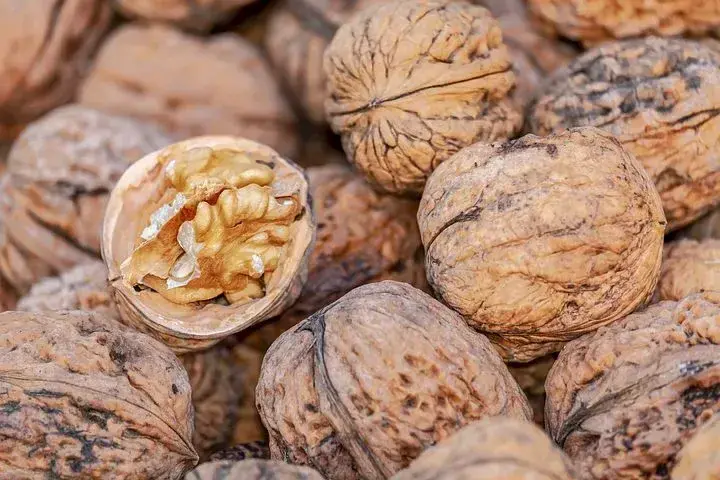
If Budget Allows, Include These Nutrient-Rich Foods in Your Diet to Boost Immunity and Maintain Health!

Doctor’s Warning: Avoid Eating Celery with These Foods – It May Harm Your Health, and Many People Don’t Know It

Is Oral Cancer a Result of Ignoring Symptoms? 6 Warning Signs You Shouldn’t Overlook
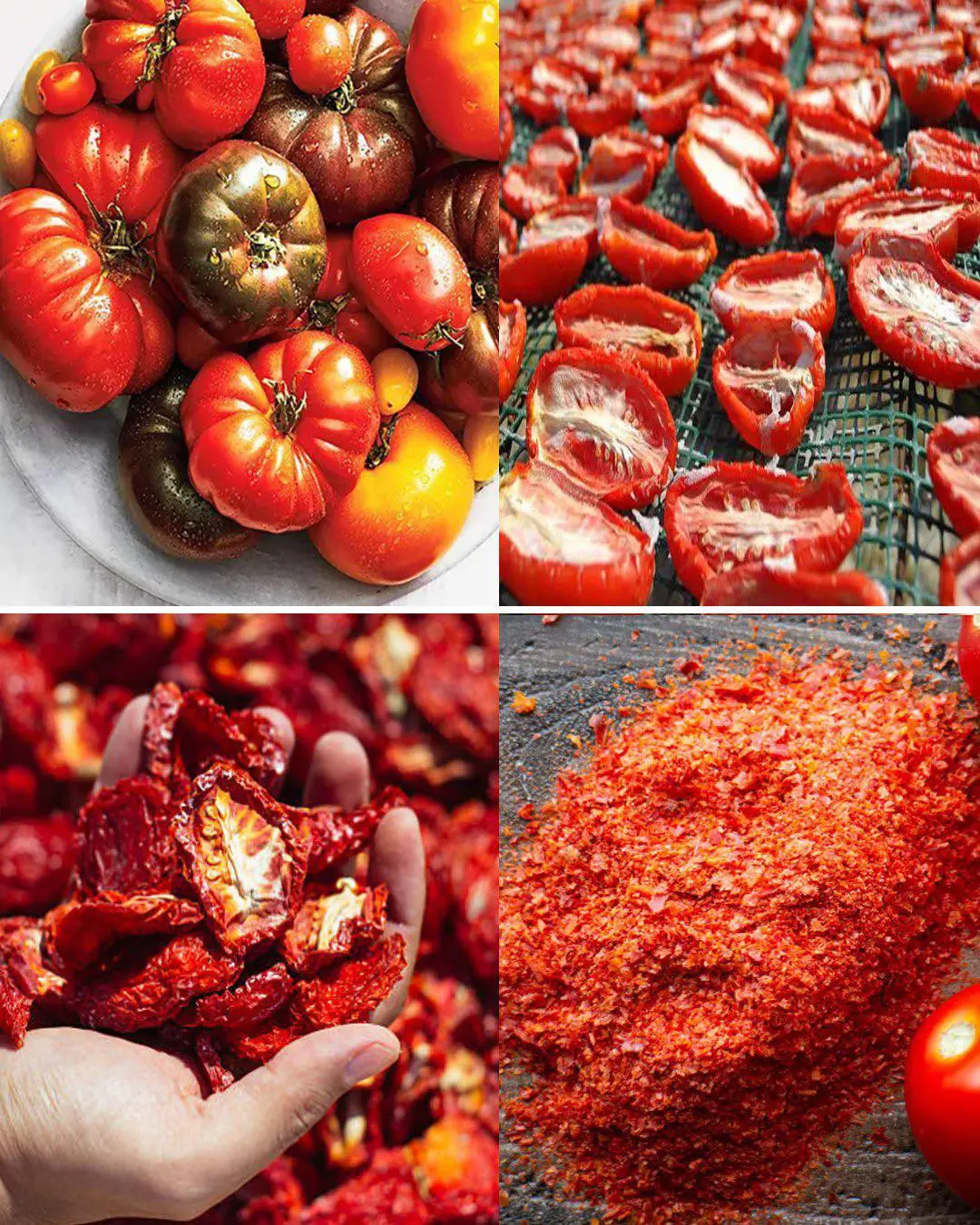
Turn Overripe Tomatoes into Flavorful Tomato Powder Instead of Waste

Dates & Papaya: A Powerful Duo for Your Health

Avocado Seeds: 7 Powerful Reasons to Stop Throwing Them Away

Is Lung Cancer Contagious? Can It Be Inherited? A Doctor Reveals the Truth

Say Goodbye to Flies and Cockroaches in Just One Hour with This Simple Trick!
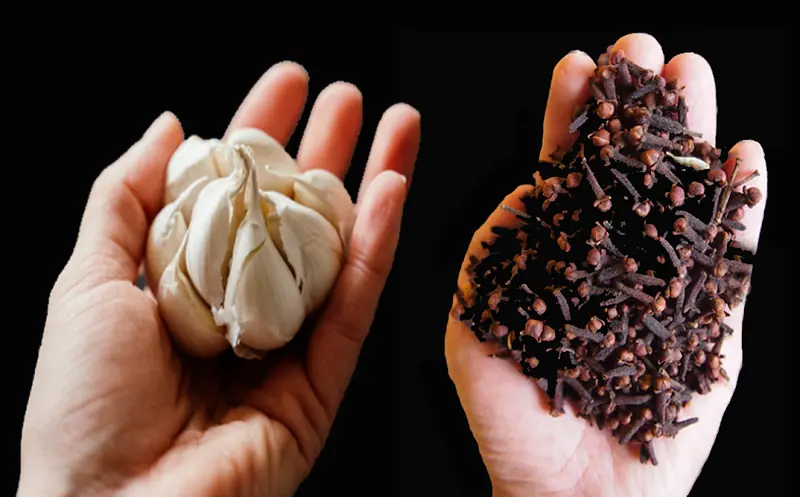
Garlic, Honey, and Cloves – A Powerful Natural Remedy for Better Health

5 Essential Leaves to Naturally Enhance Eye Health

The Drink That Will Empty Hospitals in 2025 – Cures Diabetes, High Blood Pressure, and Cancer Without Medication

Blueberry Banana Smoothie – A Creamy & Nutritious Delight!

Oatmeal Blueberry Smoothie – A Creamy, Nutritious Breakfast in a Glass!

Cattails: Nature’s Hidden Treasure for Nutrition and Survival

Carrot Pineapple Smoothie – A Refreshing & Nutrient-Packed Drink!
